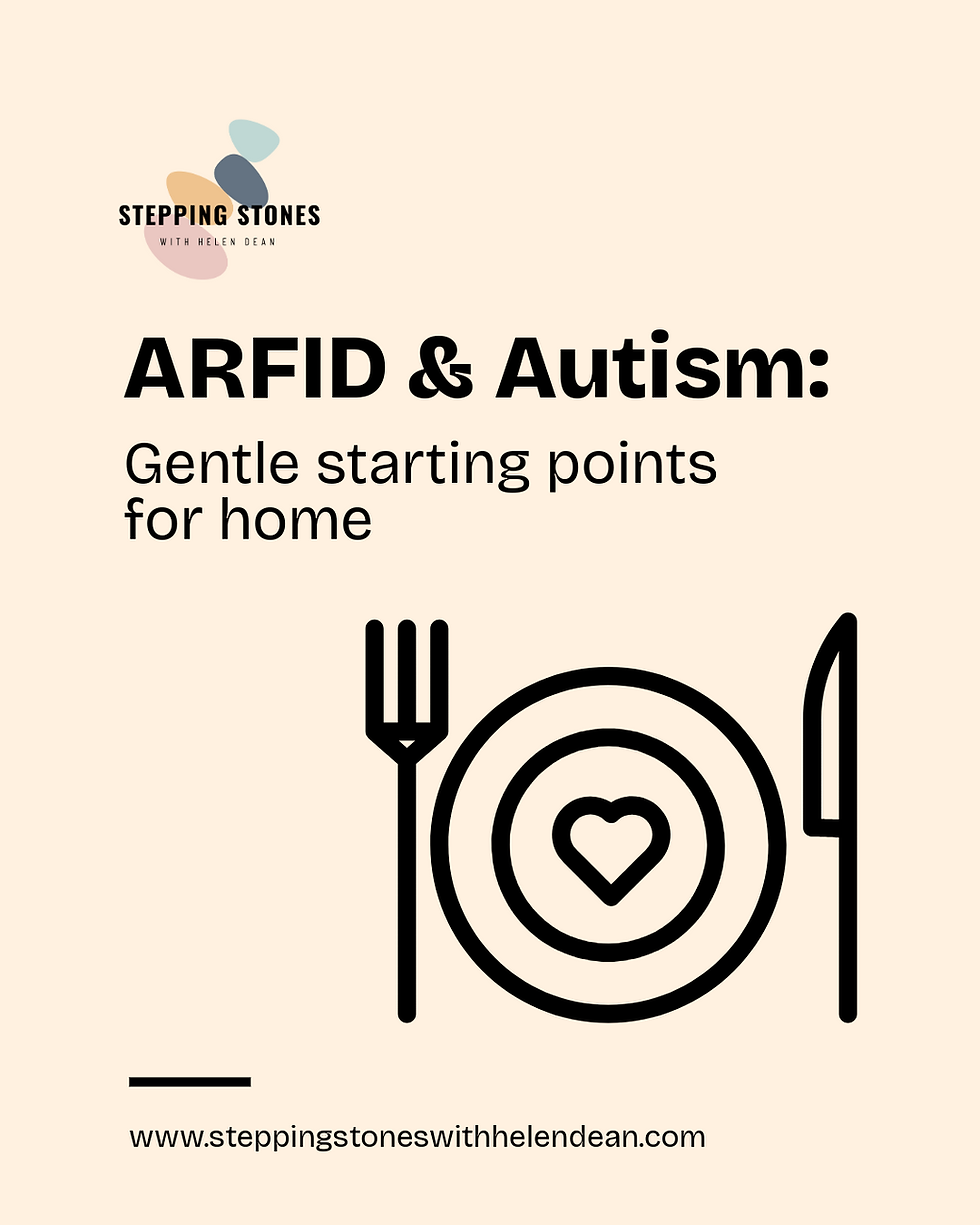Beyond the Numbers: Finding Freedom from Calorie Control
- hdean1974
- Nov 3, 2025
- 2 min read
For many people, counting calories seems like a simple equation — energy in, energy out. They might track their meals for a few days, lose interest, and move on. But for others, particularly those living with or recovering from an eating disorder, calories aren’t just numbers. They’re fears, rules, and sometimes even a sense of control in a world that feels unpredictable.
When Counting Becomes Consuming
It’s easy for outsiders to say, “Just stop counting.” But for someone whose brain has become wired to monitor, calculate, and control intake, letting go of calories isn’t easy — or even possible at first. The eating disorder voice often ties worth, safety, and identity to those numbers. Every calorie becomes a reflection of success or failure, and even when a person knows it’s irrational, the anxiety that comes with breaking the rules can feel unbearable.
This isn’t vanity or stubbornness. It’s a symptom of an illness. And like any illness, recovery takes time, treatment, and support.
Understanding the Brain Behind It
Neuroscience shows us that eating disorders change the way the brain processes food, reward, and fear. Patterns of restriction, control, and guilt become deeply ingrained — almost automatic. Over time, these thought pathways strengthen, which is why it can feel impossible to “just stop” counting. Recovery is about rewiring these patterns — a slow, compassionate process that involves nourishment, therapy, and patience.
How Loved Ones Can Help
If you’re supporting someone who’s stuck in this calorie loop, your role isn’t to fix it — it’s to hold space for them. Encourage gentle curiosity rather than judgment. Ask how you can help rather than telling them what to do. Avoid food and number talk when possible, and remember that the smallest step away from calorie control — like choosing a snack without checking the label — can be a huge act of courage.
Patience and Compassion Matter
Healing from an eating disorder means learning to trust the body again, and that takes time. There will be days when the calorie numbers win, and others when they don’t matter as much. That’s recovery: not linear, not perfect, but filled with quiet moments of bravery that deserve to be seen and celebrated.
So if you’re walking this path, or supporting someone who is — please remember: it’s not nonsense, it’s neurological. It’s not stubbornness, it’s survival. And with understanding, compassion, and the right support, it can change.
Helen Dean is a credentialed eating disorder specialist, also with lived experience.







Comments